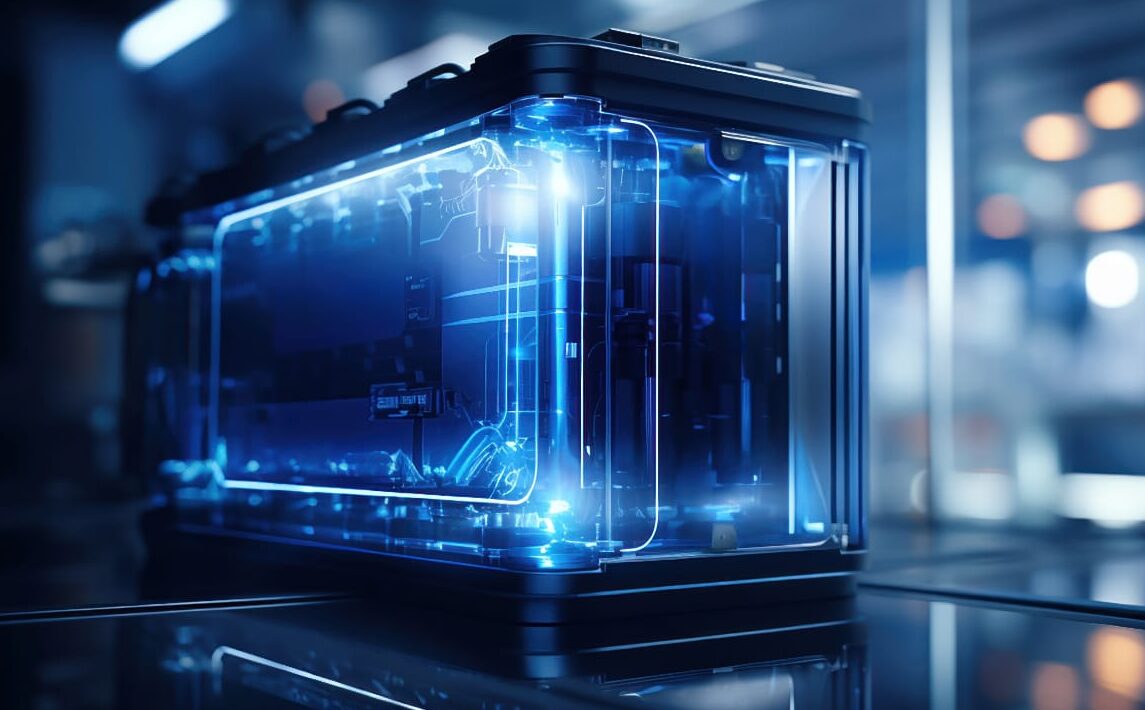How Lithium Batteries are Revolutionizing Home Energy Storage in 2025

The demand for renewable energy solutions has been on a steady rise, and in 2025, lithium batteries are at the forefront of this revolution. These batteries have become a cornerstone for efficient and reliable home energy storage systems. Let’s explore how lithium batteries are transforming the way we store and use energy at home.
Unmatched Efficiency and Energy Density
Lithium batteries offer superior energy density compared to traditional lead-acid batteries. This means they can store more energy in a smaller, lighter package, making them ideal for residential use. For homeowners, this translates into compact battery systems that can power an entire house during outages or supplement energy needs during peak times.
According to the U.S. Department of Energy, lithium-ion batteries have an energy density of 150-200 Wh/kg, significantly outperforming lead-acid batteries, which typically range from 30-50 Wh/kg. This high energy density is especially beneficial for households with limited space for energy storage systems.
Long Lifespan and Durability
One of the major advantages of lithium batteries is their longevity. Unlike traditional batteries that degrade quickly, lithium-ion batteries can last for up to 10-15 years with minimal maintenance. This durability ensures that homeowners can rely on their systems for years, making them a cost-effective investment in the long run.
A 2023 report by BloombergNEF highlighted that the average lifespan of a lithium-ion battery has increased by 50% over the past decade due to advancements in battery chemistry and manufacturing processes. This makes them a preferred choice for home energy storage.
Enhanced Compatibility with Renewable Energy Sources
Lithium batteries pair seamlessly with renewable energy sources like solar panels. They can efficiently store the energy generated during the day for use at night or during cloudy periods. This ensures a steady and uninterrupted power supply, reducing dependence on the grid.
Many homeowners are now opting for hybrid systems that integrate solar panels with lithium battery storage. According to SolarPower Europe, such systems can improve energy independence by up to 70%, allowing households to maximize their use of clean energy.
Rapid Advancements and Cost Reduction
In recent years, the cost of lithium batteries has dropped significantly. Innovations in production techniques and economies of scale have made them more accessible to homeowners. Between 2010 and 2024, the cost of lithium-ion battery packs fell by 85%, according to the International Energy Agency (IEA).
As of 2025, further advancements in solid-state lithium batteries promise even greater efficiency and safety. These innovations are expected to drive costs down further, making high-quality home energy storage systems affordable for a larger segment of the population.
Supporting a Sustainable Future
Investing in lithium battery storage isn’t just about convenience or cost savings; it’s also a step toward a greener future. By reducing reliance on fossil fuels and increasing the use of renewable energy, lithium batteries help lower carbon footprints. This aligns with global efforts to combat climate change and promote sustainability.
Conclusion
Lithium batteries have redefined what’s possible in home energy storage. With their unmatched efficiency, long lifespan, compatibility with renewable energy, and decreasing costs, they are empowering homeowners to take control of their energy needs. As technology continues to advance, lithium batteries will play an even more significant role in building a sustainable and energy-independent future.
For those looking to explore the latest in lithium battery technology for home energy solutions, Saurally Solar offers cutting-edge products designed to meet the needs of modern households. Join the renewable energy revolution today!
